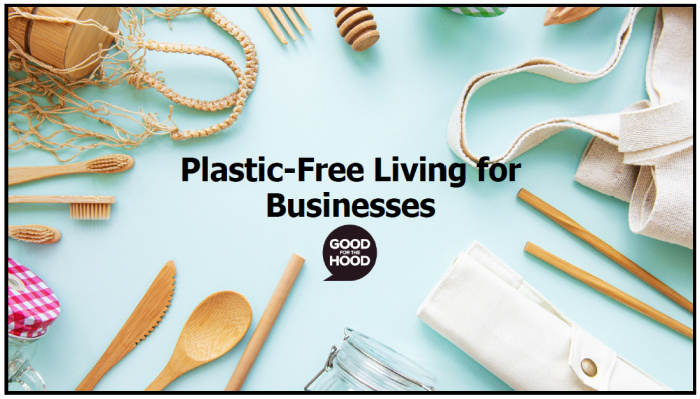
Single-use plastic ban
What items are banned? What items are not banned?
FROM 1 JUNE 2022
The supply of lightweight plastic bags (bags with handles that are 35 microns thick or less at any part of the bag and are partly or fully plastic) is banned.
The bans include items made from biodegradable plastic, compostable plastic (including Australian certified compostable plastic) or bioplastics.
FROM 1 NOVEMBER 2022
The supply of single-use plastic cutlery, stirrers, straws*, plates and bowls is banned.
The supply of expanded polystyrene (EPS) food service items (including EPS clamshells, cups, plates and bowls) is banned.
The supply of single-use plastic cotton buds is banned.
The supply of rinse-off personal care products containing plastic microbeads is banned.
* For people with a disability or medical need: Single-use plastic straws may be provided upon request by individuals or organisations who serve food or drinks, registered charities and local government offices; may be given out at health facilities; or may be sold from online suppliers, pharmacies and chemists, manufacturers, producers and wholesalers.
The bans include items made from biodegradable plastic, compostable plastic (including Australian certified compostable plastic) or bioplastics.
FROM 1 JANUARY 2025
You can no longer supply banned plastic items as part of packaged food and drinks.
Commonly called “integrated packaging” these are plastic items that have been packaged through a machine-automated process and are:
- inside or attached to packaging material used to seal or contain food or beverages (including pre-packaged portions of food or beverages)
- an integrated part of packaging material used to seal or contain food or beverages
Additional Resources
For further information, visit the NSW EPA website.
©2022 Single-use plastic ban

Plastic-Free Living for Businesses webinar:
Council held an online workshop in June 2022 titled ‘Plastic Free Living for Businesses’ to assist businesses in being prepared for the NSW Government’s single-use plastic ban.
The online workshop looked at some of the simplest, easiest and most effective ways to ditch single-use plastic.
The workshop covered:
- How to prepare for the ban
- Questions to ask your supplier
- How to inform your team and customers
To view the recording of the webinar, please visit: Plastic Free Living for Businesses
This project was a NSW Department of Planning and Environment, Waste Less, Recycle More initiative funded from the waste levy.
Page ID: 214722
